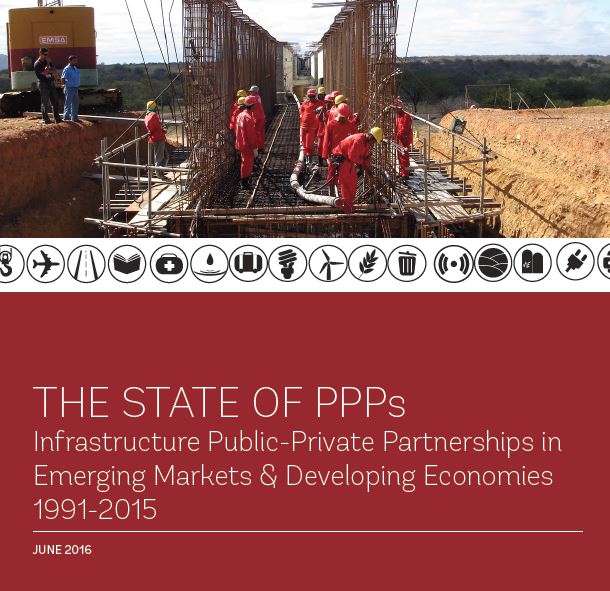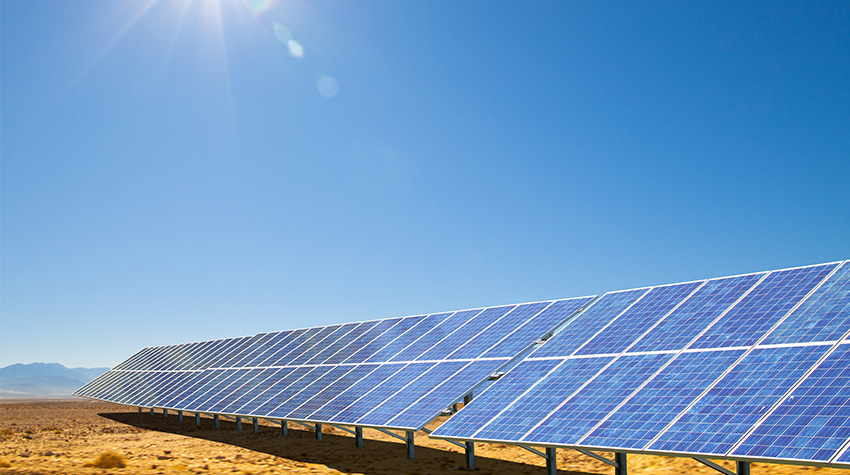934 results found
Featured results



More results
To meet demand, Nigerian commercial and industrial customers rely on self-generation, diesel units and smaller gasoline-powered generators to meet a significant portion of total demand.
IFC in close collaboration with the WB, MIGA and in consultation with key market and industry players, has worked on the development and design of the Scaling Mini-Grid (SMG) platform: a set of semi-standardised project preparation requirements, templates, risk mitigation instruments, and stapled financing
The Addis Ababa-Djibouti Railway modernisation project is the first cross-border electrified railway in Africa
The N4 Toll Route is a brownfield toll road concession of 630 kilometres running from Pretoria, South Africa?s administrative capital, to Maputo, the capital of Mozambique and a deep-sea port on the Indian Ocean.

AIFP equips African civil servants to effectively lead infrastructure project procurement and financing.


South Africa is one of the most well-developed African countries and has implemented processes to facilitate the creation of businesses, fostering competition and investment.

The African Infrastructure Fellowship Program (AIFP) recently announced its 2024 cohort of fellows, which includes 18 participants from across the continent and brings together a diverse and talented group of individuals with backgrounds in engineering, finance, law, and more. This year saw over 200 applications for the program.
The main point of this report is to provide quantitative evidence of how improving utility management and more accurately targeting smaller subsidies would free up enough resources to make the needed investments and operate the sector at a lower cost.

The report provides policy and regulatory options for increasing effective use of existing fixed and mobile infrastructure as well as alternative infrastructure networks such as power grids and railroads.

Watch the webinar hosted by GI Hub and IFC, in collaboration with the G20 Indonesian Presidency, on enhancing social inclusion and addressing subnational disparities
This paper proposes the adoption of advanced asset management practices that could help water and wastewater utility operators to improve their competitiveness and become more sustainable in operational terms.

This document provides suggestions on how to address typical challenges faced in the implementation of Facilities Management (FM) through PPPs with a focus on emerging countries with limited experience of the PPP model.

The paper looks at the potential and preconditions for introducing or expanding competition for the provision of municipal waste management services by mobilising and engaging the private sector.

The study evaluates the market, business and financial aspects for the development of telecom broadband access for the EIB's Mediterranean Partner Countries.

This report provides a comprehensive overview of digital transformation in Russia, including chapters on the general digital economy in Russia, the global best practice for enhancing digital platforms in Russa and boosting digital innovation.

These policy guidelines are intended to help countries design and implement competitive selection processes for supporting renewable energy.

This report focuses on the risks of climate change to development in Sub-Saharan Africa, South East Asia and South Asia, the report focuses on the poorest and the most vulnerable groups.

On the 13 March 2019, the Global Infrastructure Hub and Meridiam, signed an MOU on behalf of the Africa Infrastructure Fellowship Program (AIFP) with the Government of Ethiopia. The MOU was the first of its kind for the initiative, which will open its application process later in 2019.

This report addresses the critical question: how can the public and private sectors build successful partnerships?



This report uses data from the PPI Database to analyze broad trends of PPP investment in infrastructure from 1991 to 2015.










 New Deals series
New Deals series


